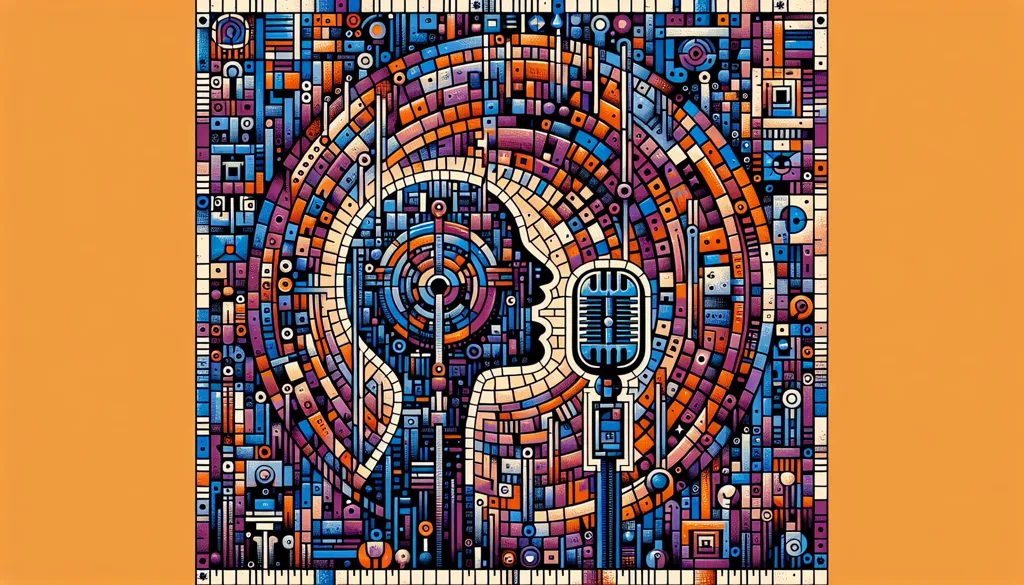The Complex Landscape of Media Regulation and Free Speech
As a mother raising two kids in Kansas, I often find myself reflecting on the nature of free speech and media regulation, especially in our rapidly evolving digital age. The debate surrounding media bias and regulation is not only a hot topic in my household but also across the nation. Recent discussions involving the Federal Communications Commission (FCC) and its approach to news distortion policies have reignited conversations about free speech, media accountability, and the role of governmental oversight.
Media Regulation: A Historical Perspective
The regulation of broadcast news in the United States has a storied history, beginning with the introduction of the Fairness Doctrine in 1949. This policy required broadcasters to present contrasting viewpoints on significant public issues, ensuring a balanced discourse. However, by 1987, the Reagan-era FCC repealed this doctrine, citing First Amendment violations and asserting that such regulation was against public interest.
This shift marked a broader trend towards deregulation, where the FCC reduced its involvement in content regulation. The news distortion policy, however, remained an exception, albeit one rarely enforced. Between 1969 and 1999, only a handful of cases resulted in findings against broadcasters for news distortion, often involving egregious misconduct.
The Current Controversy: Brendan Carr's Investigations
Fast forward to 2023, and FCC Chairman Brendan Carr has stirred the pot by invoking the news distortion policy to scrutinize broadcasters accused of bias against Republicans and former President Trump. His focus on CBS, particularly concerning the editing of an interview with Kamala Harris, has drawn criticism from various quarters, including both liberal and conservative advocacy groups.
Critics argue that Carr's actions threaten the Constitutional right to free speech and may set a precedent for regulatory overreach. The fear is that such investigations could be weaponized by future administrations, turning the FCC into a tool for political gain rather than a guardian of public interest.
Balancing Free Speech and Accountability
The tension between free speech and accountability is a recurring theme in this debate. On one hand, the media serves as a watchdog, holding those in power accountable. On the other, there is a need to ensure that news remains factual and unbiased. This balance is delicate and often subjective, influenced by individual perspectives and political leanings.
As someone who values both free speech and media integrity, I find myself torn. While I believe in the importance of diverse viewpoints and robust debate, I also recognize the potential harm of unchecked misinformation. It's a dilemma that resonates with many Americans, especially in our polarized political climate.
Looking Ahead: The Future of Media Regulation
As we navigate this complex landscape, the question remains: How should we regulate media in a way that respects free speech while ensuring accountability? Some suggest revisiting the Fairness Doctrine or similar policies, while others advocate for more self-regulation within the industry.
Personally, I lean towards a balanced approach that involves both industry standards and limited governmental oversight. Encouraging transparency and ethical journalism can go a long way in maintaining public trust without infringing on First Amendment rights.
Conclusion
The ongoing debate over media regulation and free speech is far from resolved, and it will likely continue to evolve as new technologies and platforms emerge. As a mother and a content writer, I am committed to fostering open dialogue and critical thinking in my home, encouraging my children to question and understand the world around them.
Ultimately, the challenge lies in finding common ground where diverse voices can be heard and respected, all while safeguarding the foundational principles of our democracy. It's a tall order, but one that's worth striving for, both for ourselves and for future generations.

